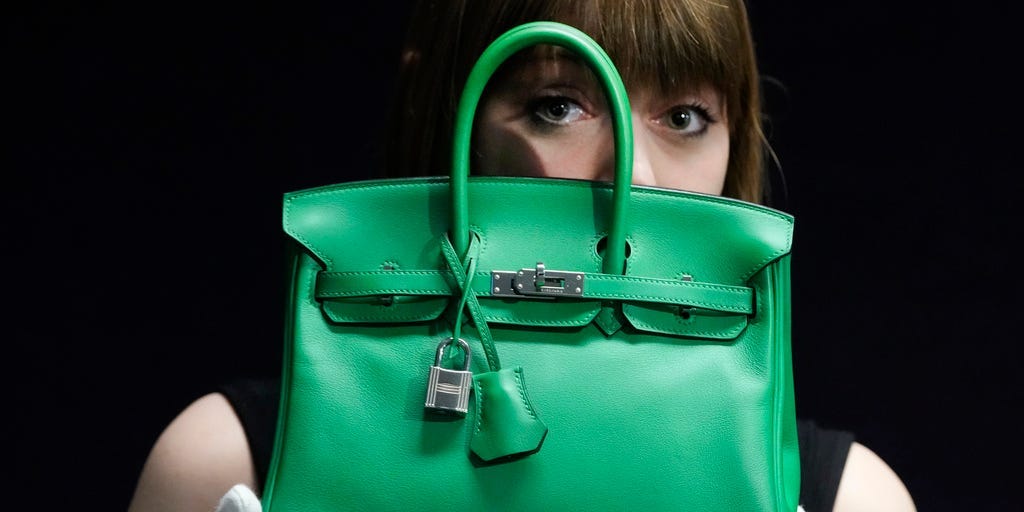Inside the World of Luxury Authentication: Why Those 'Cheap' Birkin Deals on TikTok Are Too Good to Be True

In the world of luxury fashion, not everything is as authentic as it seems. Koyaana Redstar, a renowned bag authenticator, warns consumers to be skeptical of the seemingly endless stream of Hermès Birkin bag "authenticity" claims flooding TikTok from Chinese manufacturers.
With the rise of social media marketing, it's become increasingly challenging to distinguish between genuine luxury items and sophisticated counterfeits. Redstar emphasizes that these online claims should be approached with extreme caution, urging potential buyers to look beyond flashy marketing and seek expert verification.
The proliferation of seemingly convincing Birkin bag listings on TikTok highlights the ongoing challenge of luxury brand protection in the digital age. Consumers are advised to rely on professional authentication services and official channels when considering high-end luxury purchases.
